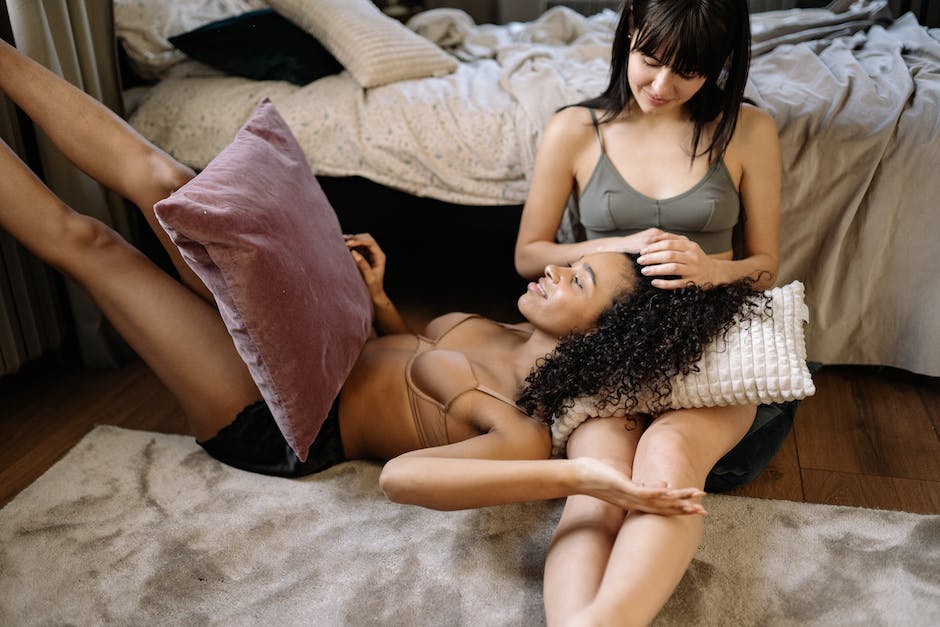In a small boardroom filled with 10 women, I listen to Toronto MD, Dr. Vivien Brown, and longtime sexpert Josey Vogels talk about age, sex and lube (particularly the newest from K-Y).
“What you need in your 20s is not the same as what you need in your 50s,” says Dr. Brown. The idea is that maintaining intimacy is something you have to work at.




In your 20s, you’re under-confident and likely not getting the sex you want. In your 30s, you have kids, which change your life. In your 40s, you and your partner will likely start taking each other for granted and possibly even forget why you liked each other in the first place. And your 50s often shake things up, “Women often don’t pay attention to themselves until the kids are out of the house,” says Brown.
These are clearly generalizations, but as this hour-long discussion on sex boils down, I realize something — women’s lives are most-often filled with bad sex, rushed sex, tired sex and even hostile sex. It’s no wonder we’re rarely in the mood. And while a lubricant can’t fix the problem, it definitely started some great dialogue.
A recent University of Toronto study found that couples often have sex not for fun or intimacy but to avoid conflict, feeling guilty and to feel better about themselves. People who primarily have sex for these reasons also tend to enjoy sex less (understandably) and their relationships tend to be less healthy.
There’s sufficient evidence to support the idea that having regular sex with your partner promotes bonding and intimacy – especially when you’re feeling rushed or hostile or generally ungenerous – and that it’s important to make an effort even if you have to schedule it around housecleaning, community meetings, drinks with your friends, and being really, really close to the finale of Breaking Bad.
Until we can properly prioritize sex in our relationships, and for ourselves, until we can get some help managing stress and minimizing anxieties, each decade of our life will most certainly present some serious challenges.
Here are a few more tips from Vogels:
In your 20s
Get to know what you like through self-exploration; that makes it a lot easier to communicate what you want to a partner. And remember: Communication doesn’t need to be complex; you can limit it to “harder, softer, faster and slower.”
In your 30s
This is a time when women are trying to balance work and family, and finding time is hard. You don’t need to travel to have vacation sex – just get out of your house and focus on each other.
In your 40s
As you’re feeling a little more confident in your body and yourself, speak up more about what you’re thinking. Your partner isn’t a mind reader. If you’ve been with someone a while, you might be looking to spice things up so try something new.
In your 50s
Women in their 50s often rediscover sex with their partner now that the kids are on their way out, work is often less crazy, and you have a little more time. But don’t try to replicate or cling to your younger self – embrace your older, more confident sexual being.
In your 60s and beyond
Once you get through menopause, sex can take a different shape. Your hormones change, and bodies start to work differently. You might want to explore different things and focus on sex outside of intercourse.
Have you found your sex drive has gone up, or decrease, with age? Tell us in the comment section below.


